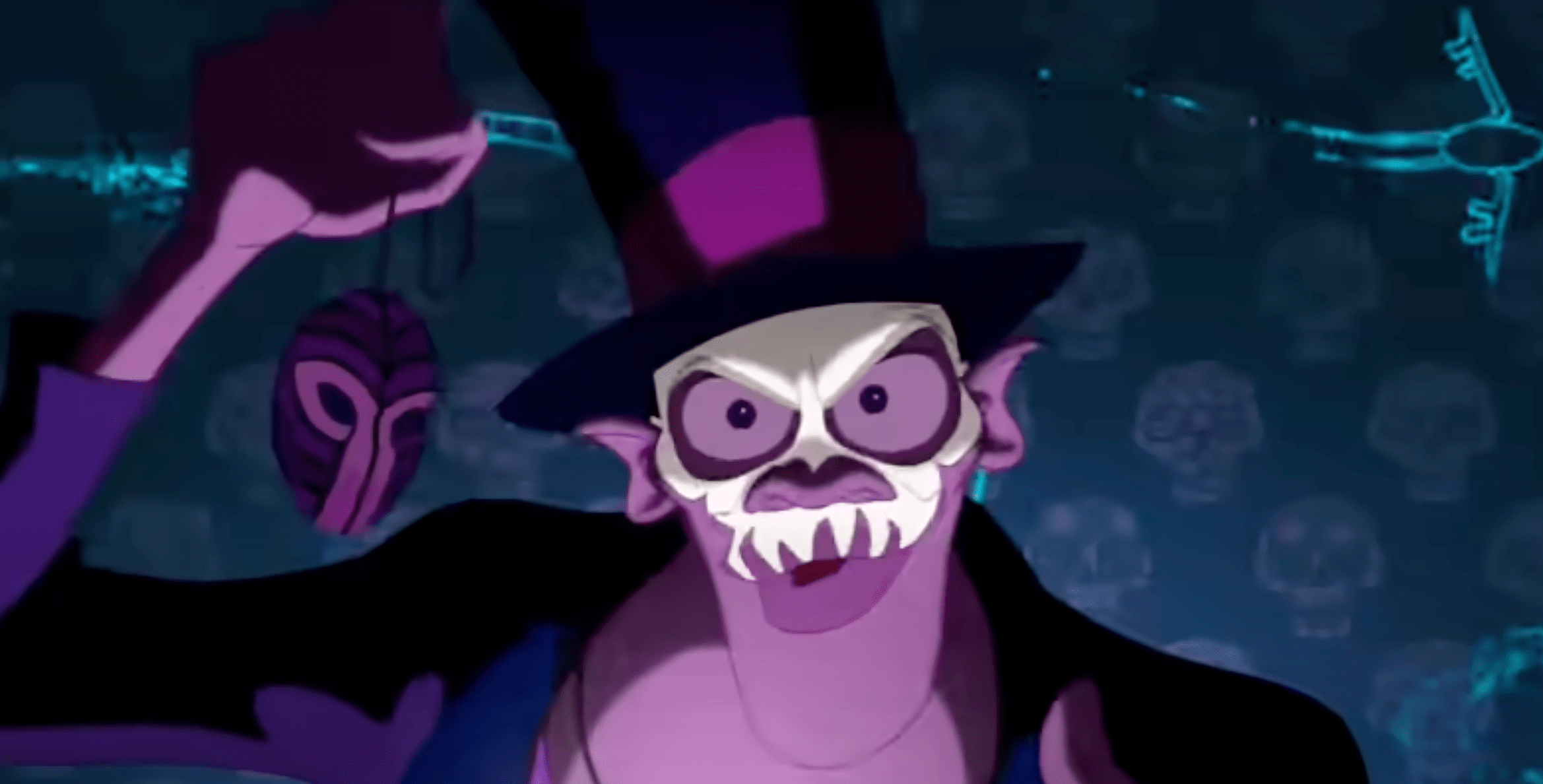
As a movie enthusiast, I’ve been following the buzz surrounding Disney’s revamp of Splash Mountain, now known as Tiana’s Bayou Adventure. The ride itself avoids any reference to voodoo for cultural sensitivity reasons, but it’s interesting to note that merchandise featuring Dr. Facilier, the voodoo antagonist from The Princess and The Frog, can be found in abundance at the gift shop.
The stark inconsistency showcases Disney’s intricate balancing act between cultural authenticity and marketing, causing fans to wonder why the character was excluded from the attraction, yet remains commercially viable.
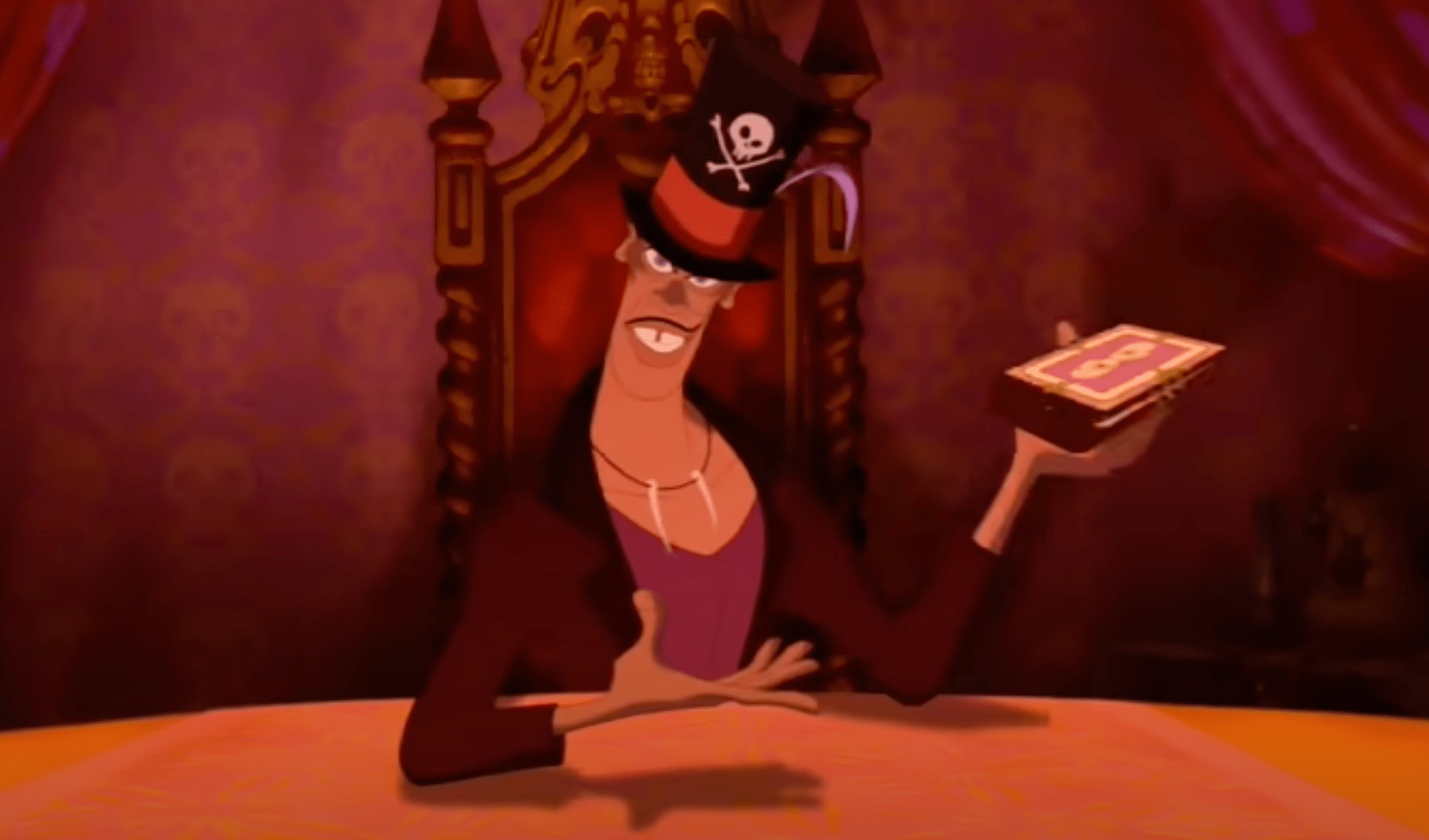
It’s been mentioned that Dr. Facilier, the mysterious yet captivating antagonist from The Princess and the Frog, was not included in Tiana’s Bayou Adventure. This is said to be due to the Disney Stories Matter team deciding to cease depictions of voodoo in their stories. It’s rumored that this move is part of an overall strategy to prevent upsetting practitioners of voodoo, who have previously expressed concerns over Disney’s portrayal of their religious practices.
Don’t put him the ride but we’ll sell them next to each other 😂
— 🔥 FIVE FIRES 🔥 (@thecalibae) January 13, 2025
The Stories Matter team, a sector within the Walt Disney Company, focuses on updating and adjusting existing narratives and experiences to ensure they align with contemporary cultural sensitivities. It was this department that first suggested revising the beloved Splash Mountain attraction into Tiana’s Bayou Adventure, which later faced criticism. They are also responsible for providing cultural sensitivity advisories before films like Dumbo, Peter Pan, and several episodes of The Muppet Show.
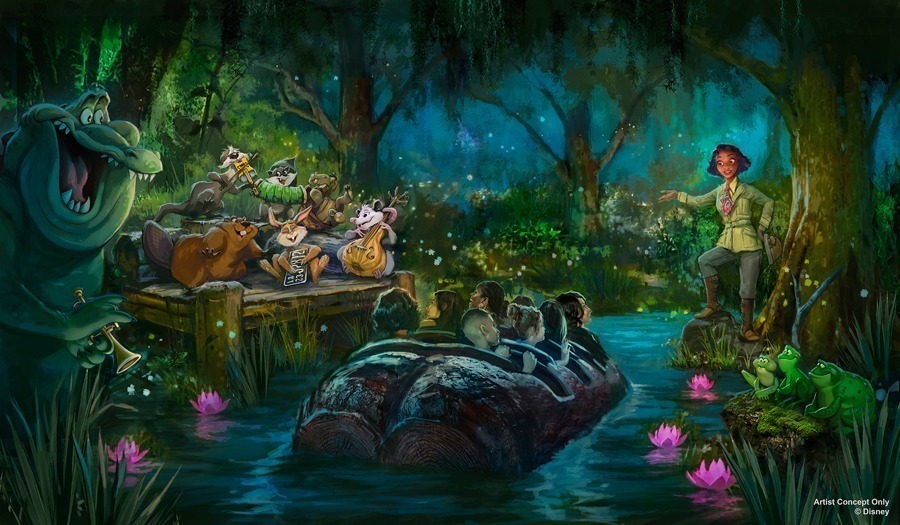
In Tiana’s Bayou Adventure, the character of Mama Odie is now referred to as a “Bayou Fairy Godmother” instead of the original portrayal as a unique voodoo practitioner.
Criticism towards Disney’s representation of voodoo is nothing new; in fact, back in 2010, Dr. Michelle Gonzalez Maldonado, a senior vice president at The University of Scranton, published a harsh critique on the way The Princess and the Frog approached the subject matter.
She pointed out that words like Voodoo, Hoodoo, and sorcery are often used synonymously within the context discussed. However, she found that the portrayal ultimately conveyed a malevolent religion destined to collapse. Entering the theater, she did not anticipate a critical race analysis or an elaborate exploration of Voodoo. Given it was Disney, this was understandable. Yet, what she encountered was an overtly racist and misinformed depiction of Voodoo, which was unexpected. Furthermore, the film’s portrayal of religion as magic was also reinforced by the puzzling lack of Catholicism within the movie.
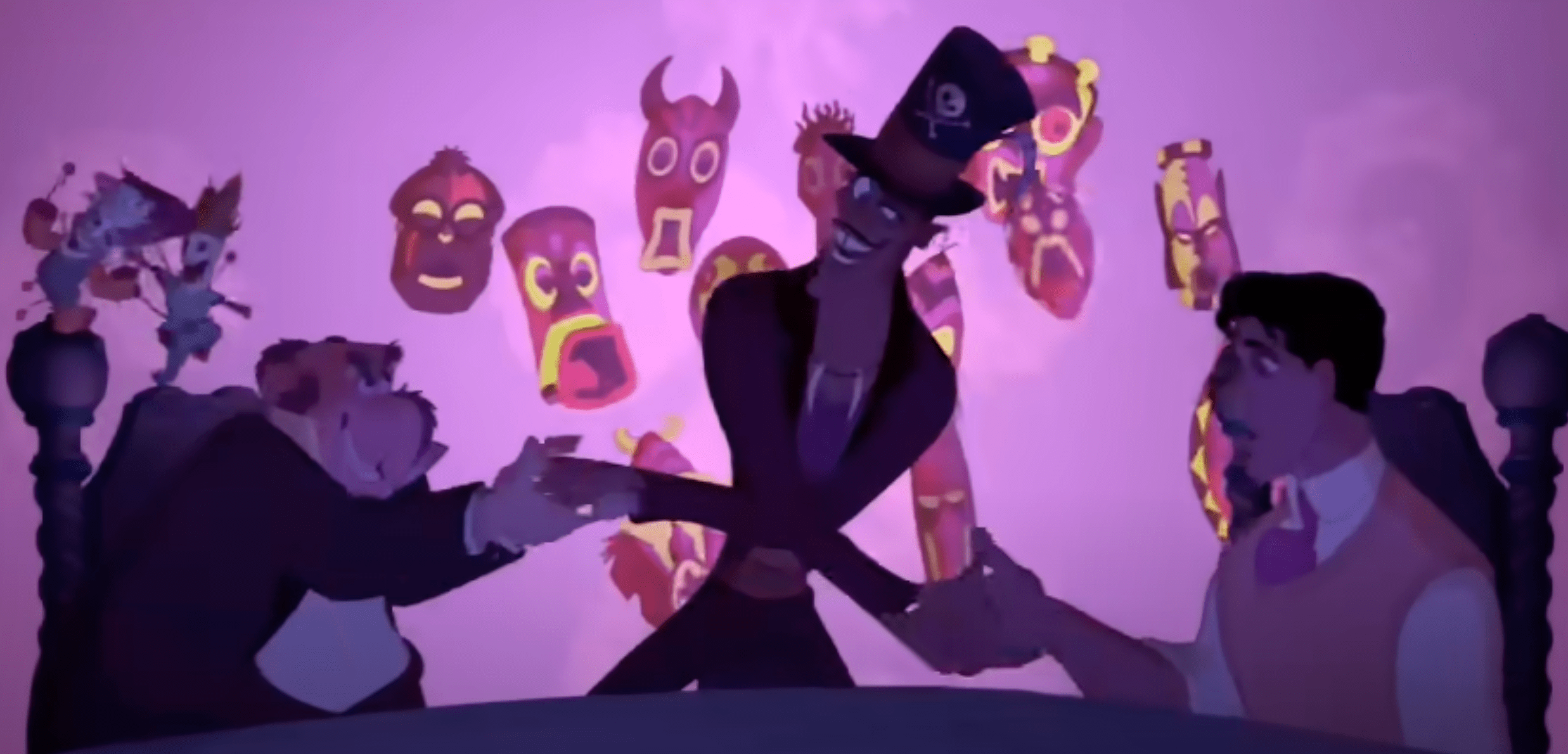
It seems that Disney may have overreacted to the criticisms – they’ve made a significant change in Tiana’s Bayou Adventure, which is removing voodoo. While this alteration might appear as an easy fix, it strips away the cultural depth present in The Princess and the Frog.
It’s quite ironic that Disney tends to avoid depictions of voodoo but is comfortable with featuring other ancient belief systems, such as Norse mythology. For more than a decade, the Marvel’s Thor series has glamorized these ancient deities, like Odin, Thor, and Loki. They have been presented in a way that elevates their divine status, yet often humorously depicts them as being rather foolish or unwise.
Just like Disney’s movie Hercules is based on Greek mythology, featuring grand depictions of Zeus, Hades, and the Olympians, there is buzz that an upcoming live-action remake of Hercules may face controversy over potential miscasting.
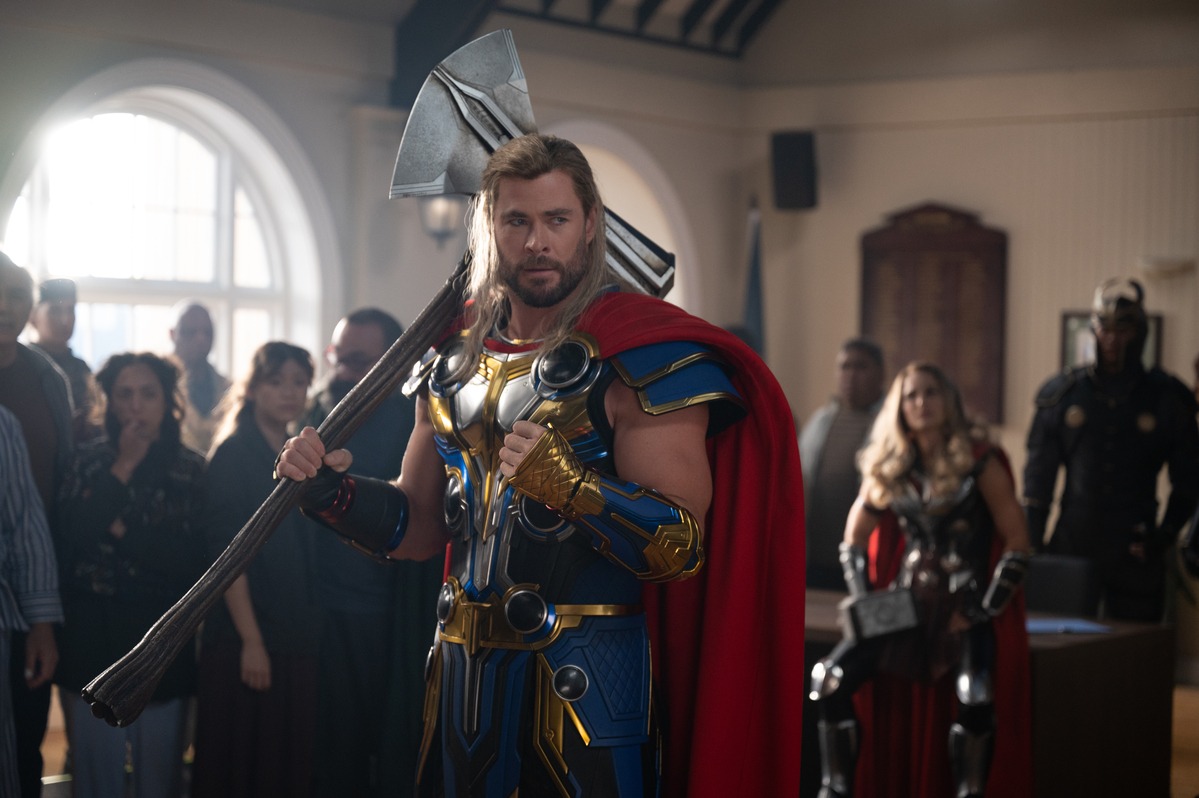
These stories from various cultures, often considered religious or spiritual beliefs, are frequently utilized for entertainment purposes, despite the fact that they hold significance as such for many people.
Enhancing the contradiction, Disney frequently employs these tales as platforms for enforced diversity. Lately, Marvel productions have made adjustments in casting and character development, focusing more on current social issues rather than preserving cultural accuracy. It appears that Disney finds it acceptable to adapt European folklore so long as they can modify them according to today’s views. However, when dealing with voodoo, the company seems unwilling to engage at all.
Apparently for the Stories Matter department only certain stories matter…
Why is it that Disney finds voodoo culture too delicate to handle, while they freely adapt, commercialize, and reinterpret Norse and Greek mythologies? The explanation lies in Disney’s selective approach towards cultural sensitivity. Instead of collaborating with practitioners of voodoo to create an accurate and balanced portrayal, Disney opted for erasure, which contradicts their stated commitment to diversity and inclusivity.
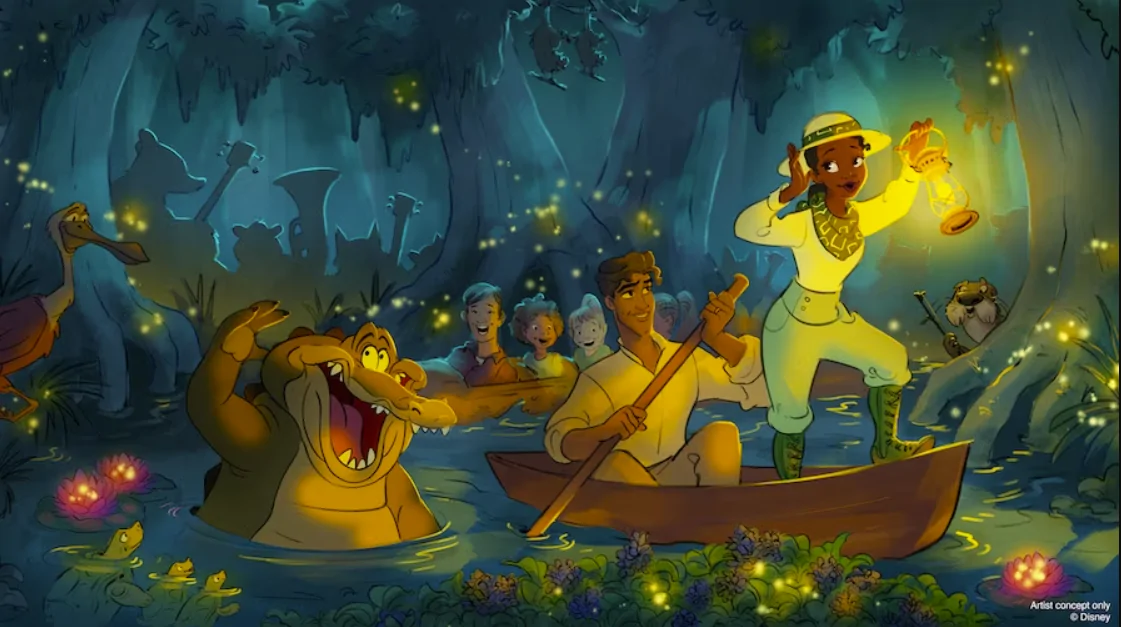
The fact that Dr. Facilier was not included in Tiana’s Bayou Adventure and yet his merchandise was still sold, clearly indicates their primary intention: financial gain.
Disney continues to profit from the character’s fame without delving into the more complex aspects of its presentation of voodoo in Tiana’s Bayou Adventure. Once more, the corporation finds itself in a predicament where its principles and financial gains clash, leaving fans questioning whether cultural sensitivity is genuinely valued – or merely another marketing tactic.
Read More
- Solo Leveling Season 3: What You NEED to Know!
- Rachel Zegler Claps Back at Critics While Ignoring Snow White Controversies!
- OM PREDICTION. OM cryptocurrency
- Captain America: Brave New World’s Shocking Leader Design Change Explained!
- Oblivion Remastered: The Ultimate Race Guide & Tier List
- Oshi no Ko Season 3: Release Date, Cast, and What to Expect!
- Gold Rate Forecast
- Meta launches ‘most capable openly available LLM to date’ rivalling GPT and Claude
- Fantastic Four: First Steps Cast’s Surprising Best Roles and Streaming Guides!
- How to Get to Frostcrag Spire in Oblivion Remastered
2025-01-14 00:55